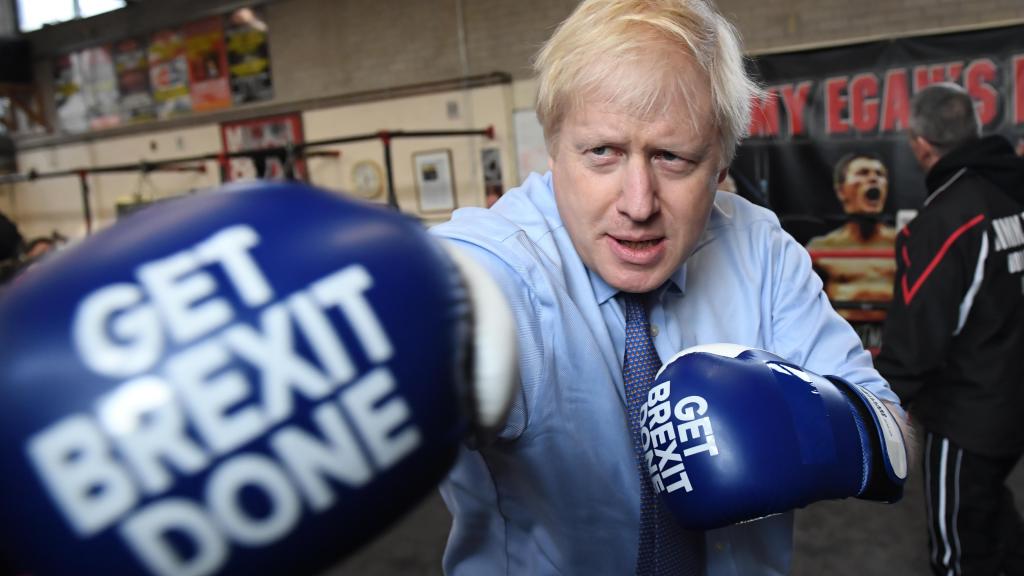UK Exporters Face £27 Billion Decline Post-Brexit
UK exporters experienced a staggering £27 billion decline in goods sales to the European Union following Brexit, with smaller companies disproportionately affected by the new trade barriers.
A study conducted by the Centre for Economic Performance, a think tank affiliated with the London School of Economics, revealed that Brexit triggered a 6.4 percent decrease in the UK’s overall exports and a 3.1 percent reduction in imports into the UK from other regions. The report highlighted that the export decline predominantly impacted smaller firms, while larger enterprises were mostly unaffected.
The UK officially exited the EU’s customs union and single market in January 2021 under a trade and cooperation agreement that enabled duty-free and quota-free trade for compliant goods. This significant shift resulted in the UK losing access to the EU’s global trade agreements and reinstated a customs border with the mainland.
According to the research, businesses dealing in exports and imports with the EU faced a “sharp and sustained fall in trade” starting in 2021, heavily impacting smaller firms. Notably, exports of goods to the EU plummeted by 30 percent for the smallest businesses and 15 percent for mid-sized corporations. Approximately 16,400 firms stopped exporting to the EU entirely after Brexit, while the effect on larger companies was reported as “insignificant” since they were able to plan for the changes and manage fixed costs effectively.
This export decline represents a loss of £27 billion — a figure derived by comparing the value of trade post-Brexit with what would have been expected had the UK remained within the EU framework.
However, the study did not account for services trade, which has proven more resilient than many economists predicted post-Brexit. The value of the UK’s service exports to the EU continued to rise after 2021, with the trade surplus in this sector reaching £40 billion this year.
Recent trade data indicated that, for the first time in a year, the UK’s exports to the EU surpassed those to the rest of the world during the three-month period ending in October.
The report also noted that businesses adapted to the new trade barriers by shifting their purchasing from the EU to global markets.
“Importers and larger exporters adjusted to the disruptions in ways that mitigated the overall decline in trade. Therefore, aggregate trade has, at least temporarily, shown more resilience to Brexit than initial forecasts suggested. If this trend continues, the economic repercussions of undoing deep economic integration may be less severe than previously anticipated,” the researchers stated.
Meanwhile, Labour has committed to “resetting” its relationship with the EU and intends to modify aspects of the trade agreement established by Boris Johnson’s administration. Sir Keir Starmer is set to participate in a dinner with the EU’s 27 heads of state and government for the first time since the commencement of Brexit negotiations in February. Rachel Reeves met with European finance ministers at the Eurogroup this month, advocating for “a relationship founded on trust, mutual respect, and pragmatism.”
However, the current government has reiterated its commitment to its “red lines,” which include avoiding the single market, customs union, and unrestricted movement of people from the EU. Labour has also expressed a desire to impose stricter immigration controls while seeking a deeper defense partnership with the EU.




Post Comment